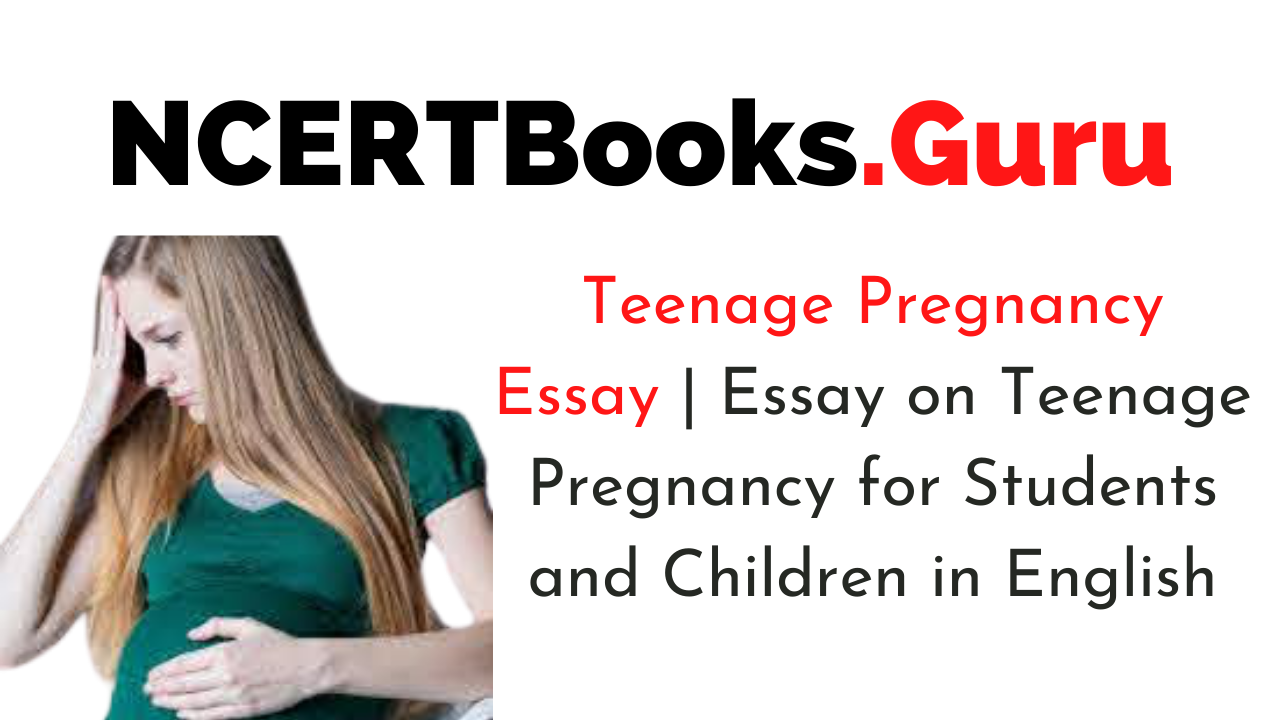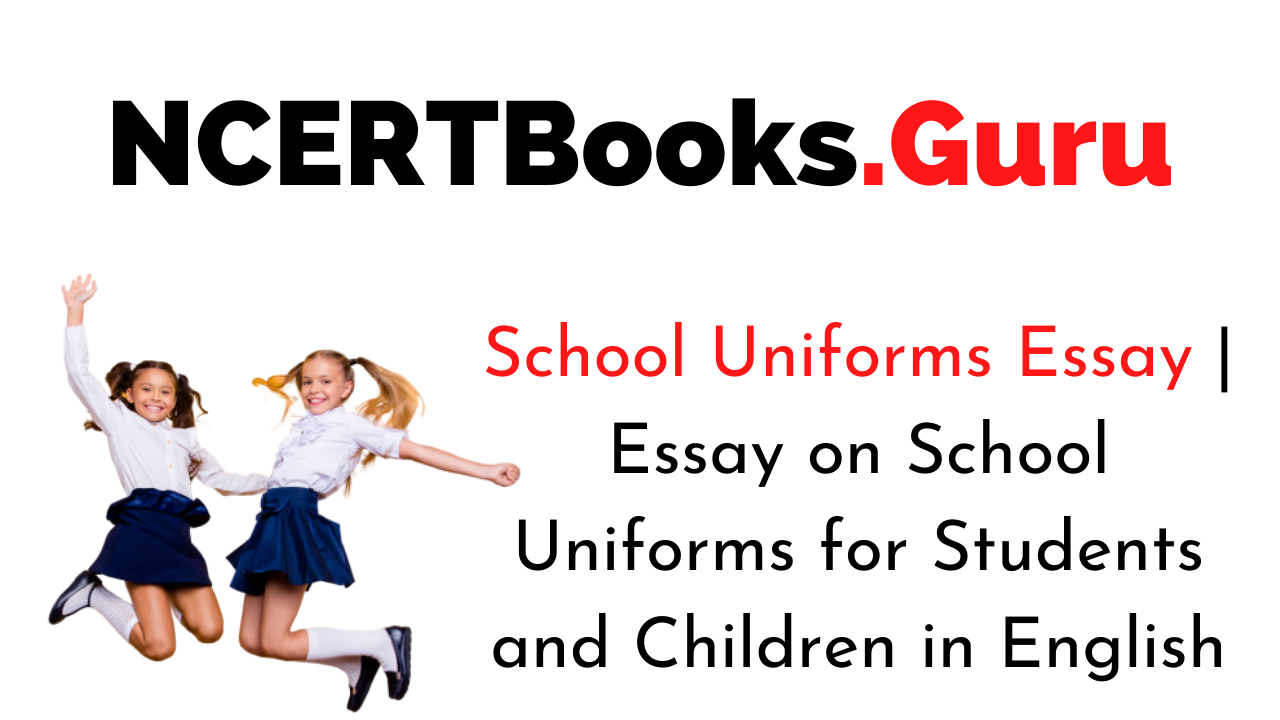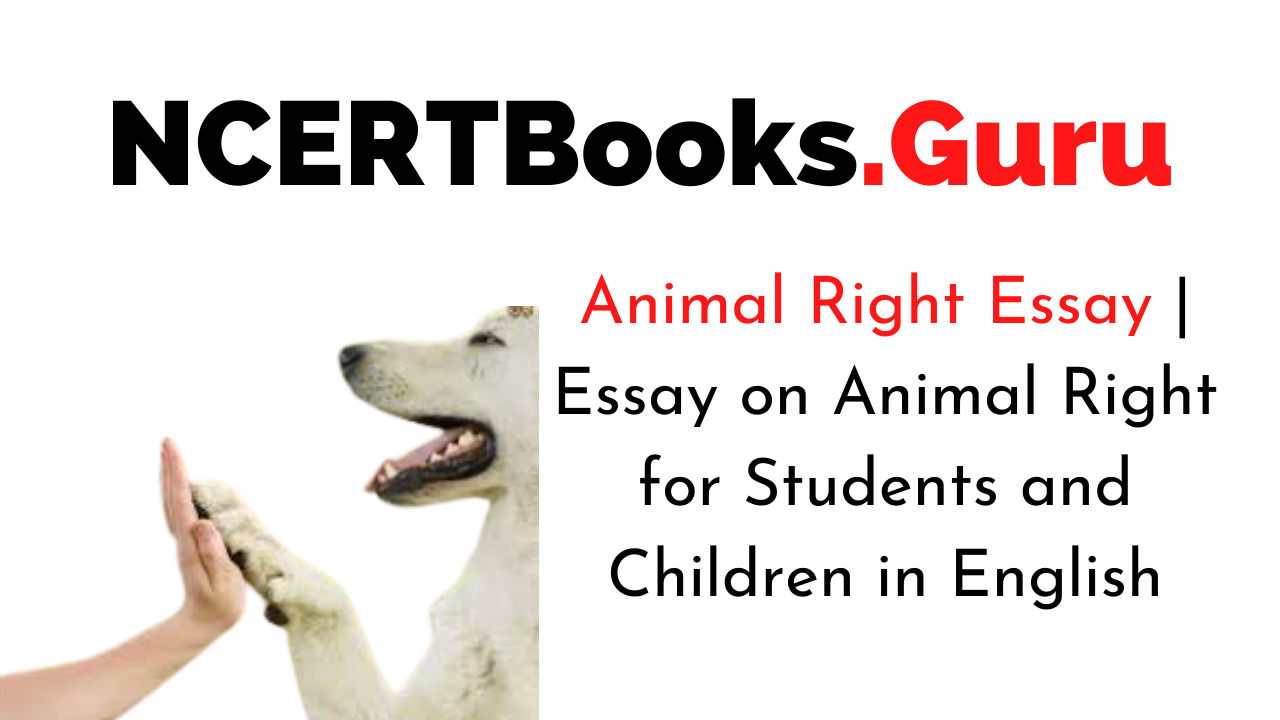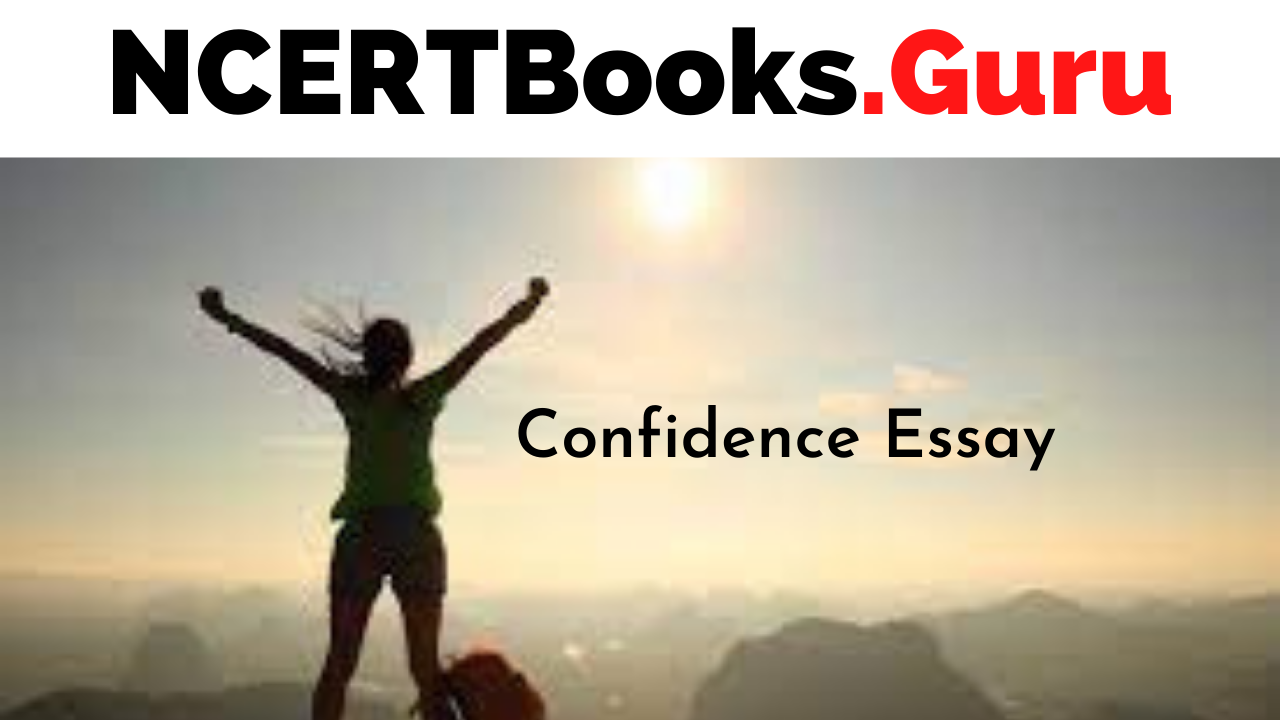Teenage Drug Abuse Essay: Drugs use has turned into an overall issue, particularly in youngsters. Numerous youngsters become subject to various kinds of substances and invigorating prescriptions that come inseparably with opiate impact. The existence of addicts becomes ruined in all perspectives, as they lose contact with their families and live in an alternate world. They burn through bunches of cash on medications and afterwards search for ways of bringing in cash wrongfully. On the off chance that we analyze the medical issues, there are numerous hazardous impacts of medications.
There is a central issue about teen medication used today. Inside the ages 15 through 24, half of the passings (from murders, mishaps, suicides) include drugs. The two normal justifications for why teenagers use drugs are tension and melancholy. Factors like friend pressure, want to get away, interest, passionate battles, and stress may likewise prompt the utilization of medications or liquor.
Students can find more English Essay Writing Topics, Ideas, Easy Tips to Write Essay Writing and many more.
Teenagers are more bound to manhandle drugs than grown-ups in light of the fact that the piece of their mind utilized for judgment and independent direction is yet to be completely created. In this way, they do not have the intellectual ability to genuinely comprehend the outcomes of medications. Because of this remissness, youngsters face a progression of issues, for example, mind harm, deferred pubescence, compulsion, passionate and actual issues. For instance, Marijuana is the substance most broadly utilized by young people, later liquor. Concentrates on the show that about a third of the people who use Marijuana has some degree of Marijuana use issue. Drugs have been manhandled for millennia and their belongings are simply long.
Essay On Teenage Drug Abuse
The most ridiculously upsetting thing about chronic drug use is that individuals in various nations of the world are becoming dependent on a wide range of medications. There are various sorts of road medications, for example, – cocaine, meth, Mariuana, break, heroin and so forth Heroin is one of the risky medications that smother your heart’s work and is proper to accomplish an opiate impact.
The disturbing pace of medication utilization has forever been an issue and effects affects the general public. Individual and family issues additionally lead to Drugs use among adolescents who neglect to manage individual issues. The physiological impacts of Drugs use can be hard to suffer and to this end, the fiend should be treated for their condition. The most noticeably terrible thing is that medications are that they influence youth in each nation of the world.
The term drug implies medication, however deadly opiates with various determinations. These medications have their detestable impacts on brain and body cells of the addicts. The fiend becomes reliant upon the medication by and large that he/she can’t quit utilizing it. Regardless of having full information on its impacts on wellbeing, addicts use it consistently.
Drugs use is essentially a cerebrum illness that changes the working of the mind. There is a wild craving to burn-through drugs, because of which dependent individuals participate in enthusiastic conduct to ingest medications. The addicts think that it is difficult to control the admission of medications, because of which they neglect to satisfy everyday obligations in a proficient way. Chronic drug use is additionally alluded to as medication reliance, as the fanatic creates reliance on a specific substance.
Causes of Drug Addiction
There are various motivations behind why youth and teens are dependent on drugs or related substances. The absence of self-assurance is considered one of the essential drivers of Drugs use. It can likewise be because of extreme pressure, peer pressure, absence of parental contribution in youngster’s exercises and so forth certain individuals consider chronic drug use can be the reason for drug use and obliviousness. The obliviousness of chronic drug use alongside actual agony of condition turns into an essential driver of Drugs use. Here is a portion of the reasons for chronic drug use.
Significant Level Stress: Youngsters who have quite recently begun their school life or moved to another city looking for work frequently deal with issues with life change. They are bound to lighten pressure using drugs and comparable substances. Observing a simple fix frequently appears to be simpler than dealing with the genuine issue and managing it. Attempting unlawful medications can prompt dependence and turn into a drawn-out propensity.
Prevailing difficulty: Today, we are living in a profoundly serious world and it is hard to fill in such a world. There is dependably a friend strain in youthful and elderly folks individuals. Nonetheless, it is barely noticeable. Many youngsters hope to encounter the strain to utilize medications, smoke and drink liquor. Youngsters view it troublesome as the individual who doesn’t drink or smoke. As they feel disconnected and like an oddball, they make a propensity for consuming medications.
Emotional well-being Conditions: One more essential justification behind attempting drugs is emotional wellness condition. Individuals who are sincerely more vulnerable will more often than not have a discouraging outlook on the current realities of the world. They search for ways of feeling free and carry on with life in a typical manner as they go through the time of growing up. In such circumstances, they make a propensity for consuming medications and can prompt fixation.
Mental Trauma: A past filled with a mental injury seems to build the danger of substance misuse. Over 75% of individuals who experienced mental injury use drugs as a piece of a self-curing system or give a road towards pointless practices. Ladies are more delicate to drugs than men, and subsequently need less openness to comparable impacts. The accessibility of these medications assumes a basic part in the propagation of habit-forming practices inside families.
Openness to Drug Abuse: Openness to chronic drug use in which the youngsters are raised is one more reason why youngsters get dependent on drugs. In the event that the people experience childhood in a space where grown-ups use drugs, then, at that point, the individual is probably going to attempt the actual substance. Setting a genuine model is critical to keep them off drugs and related substances. Giving real data about drugs is the most ideal way to forestall chronic drug use.

FAQ’s on Teenage Drug Abuse Essay
Question 1.
What are the effects of drug abuse on youths?
Answer:
Drugs use among teenagers goes from trial and error to extreme drug use issues. All drug use, even exploratory use, puts teenagers in danger of momentary issues, like mishaps, battles, undesirable sexual action, and excess. Drug use likewise impedes young adult mental health. Teenagers are powerless against the impacts of substance use and are at an expanded danger of growing long haul results, for example, psychological well-being messes, underachievement in school, a substance use problem, and higher paces of enslavement, assuming they consistently use liquor, cannabis, nicotine, or different medications during puberty.
Question 2.
What is drug abuse?
Answer:
The utilization of Drugs or the utilization of remedy or over-the-counter medications for purposes other than those for which they are intended to be utilized, or in unreasonable sums. Drugs use might prompt social, physical, enthusiastic, and work-related issues.
Question 3.
What are the main causes of drug abuse?
Answer:
There could be many causes of drug abuse such as:
- Family addiction problem
- Mental health issues
- Too much mental pressure
- Depression












